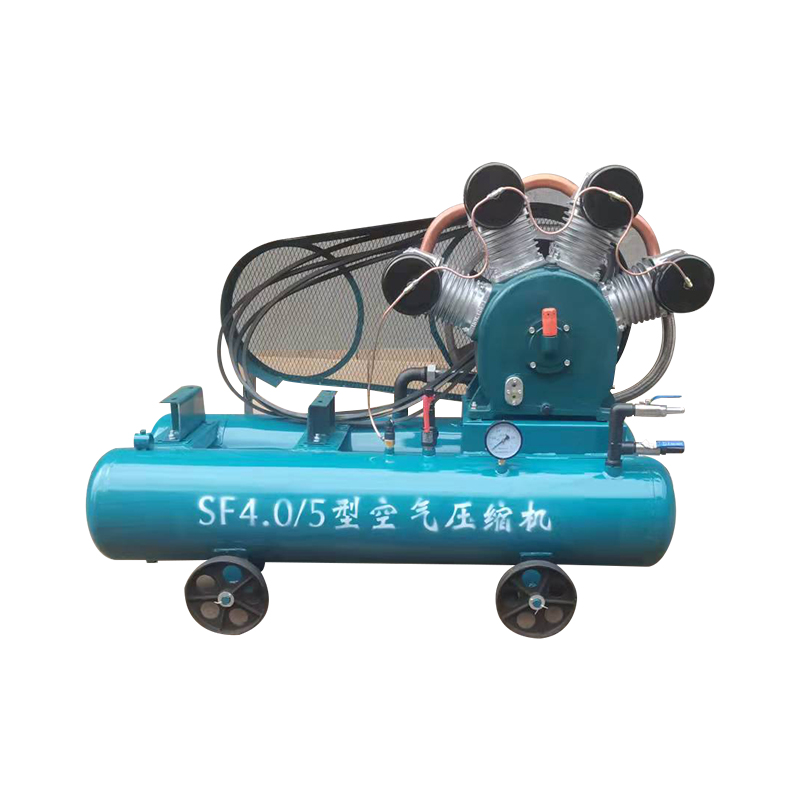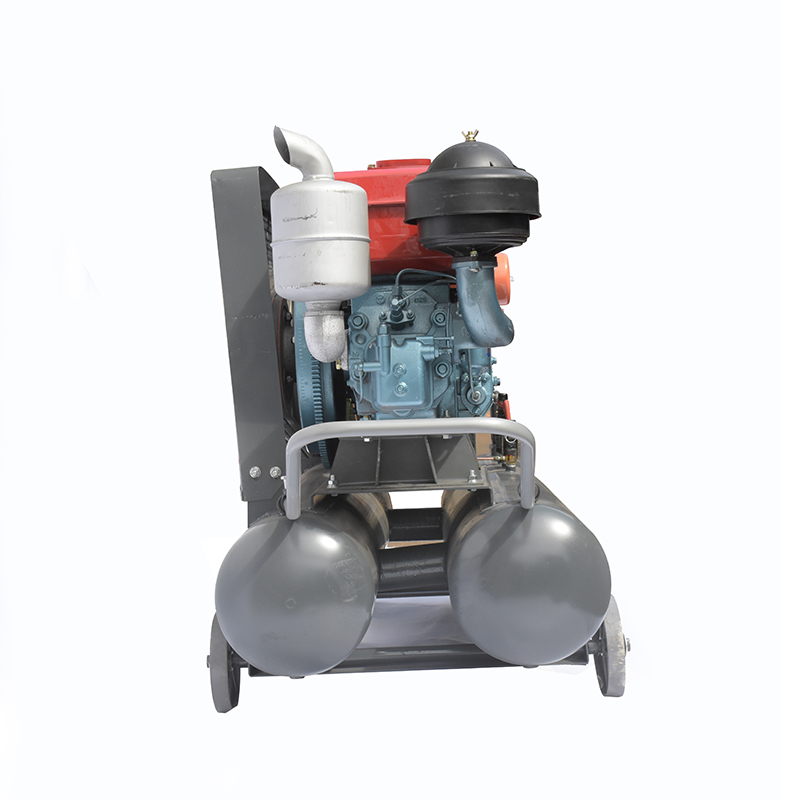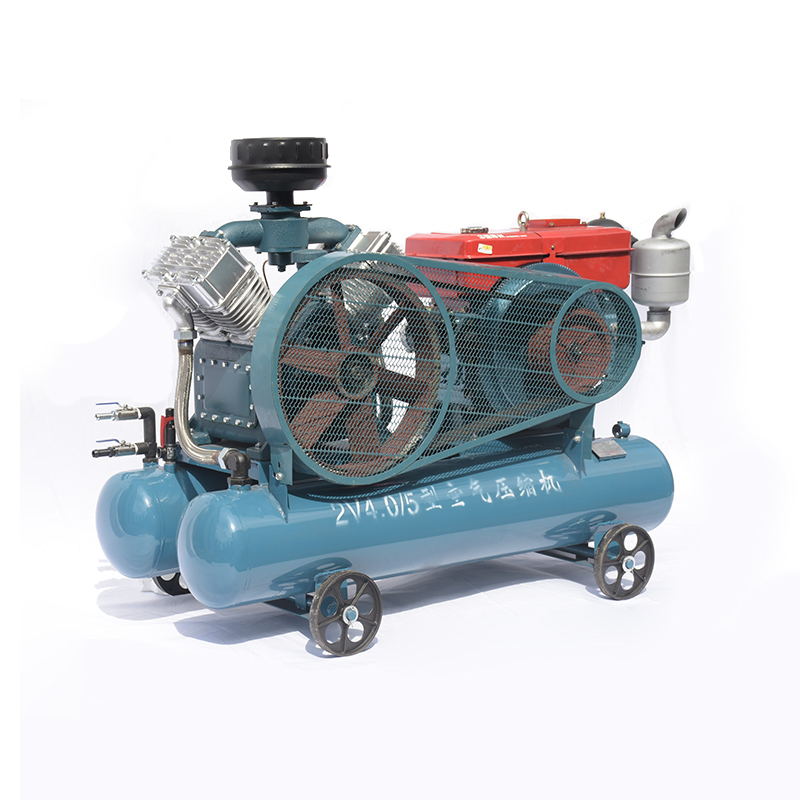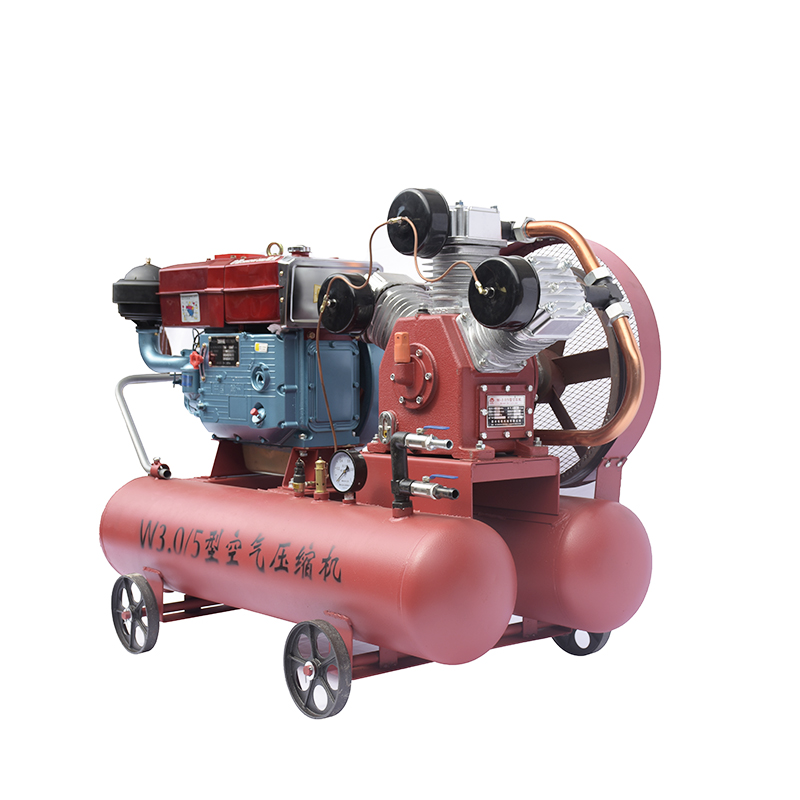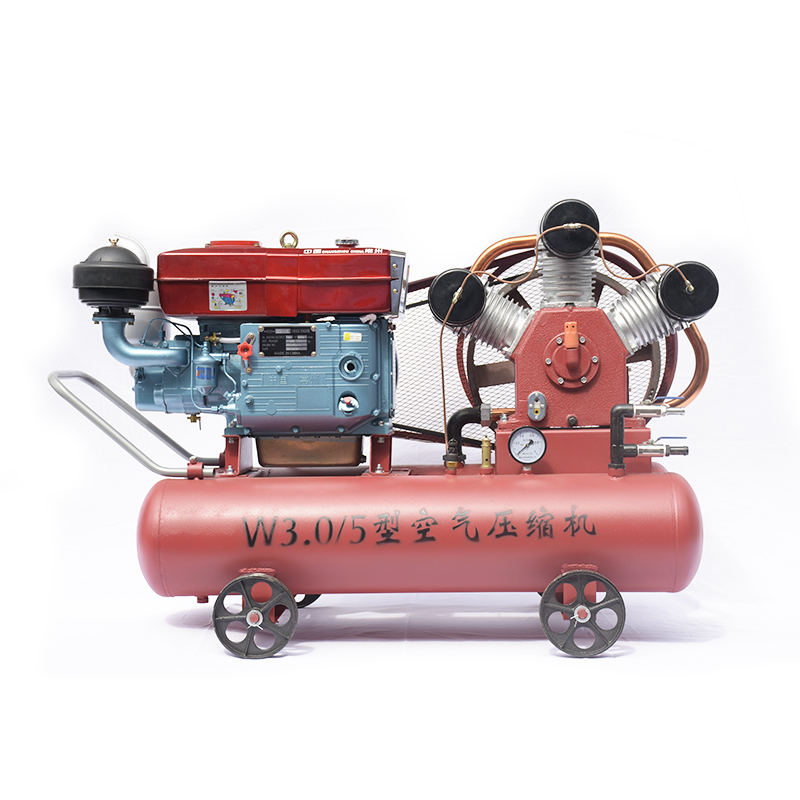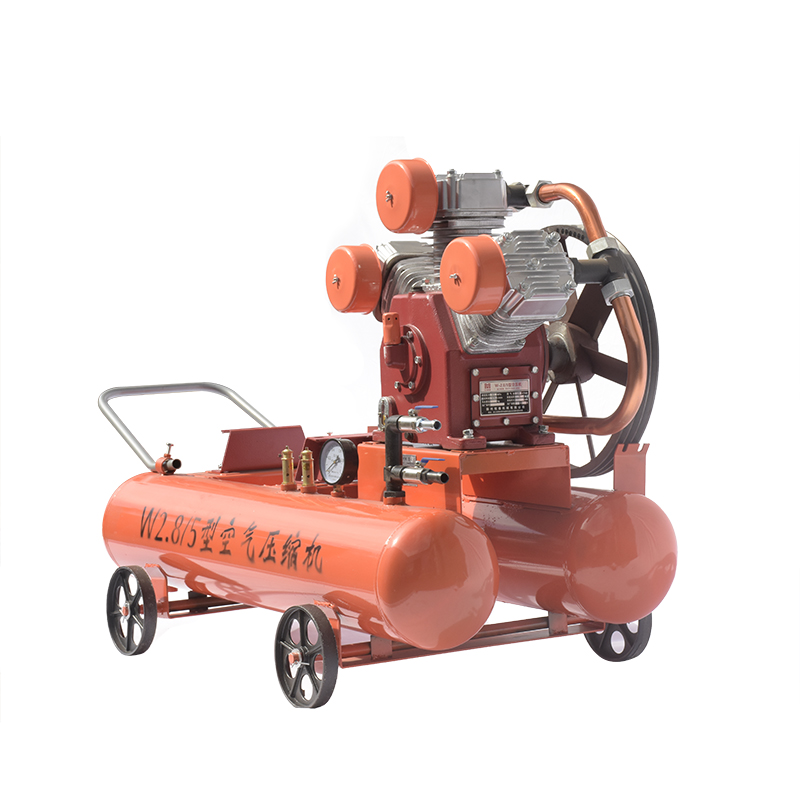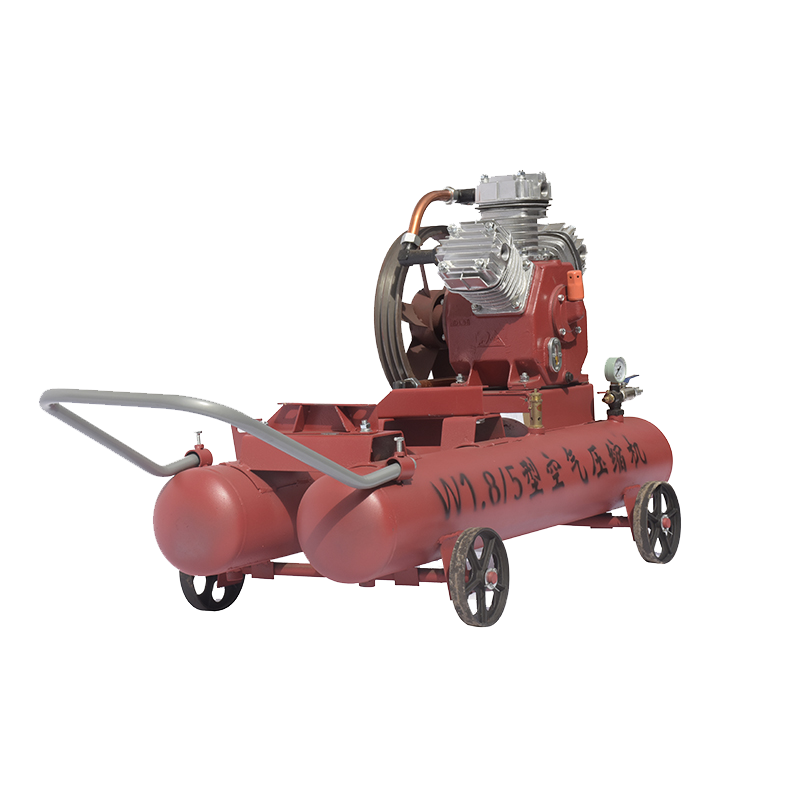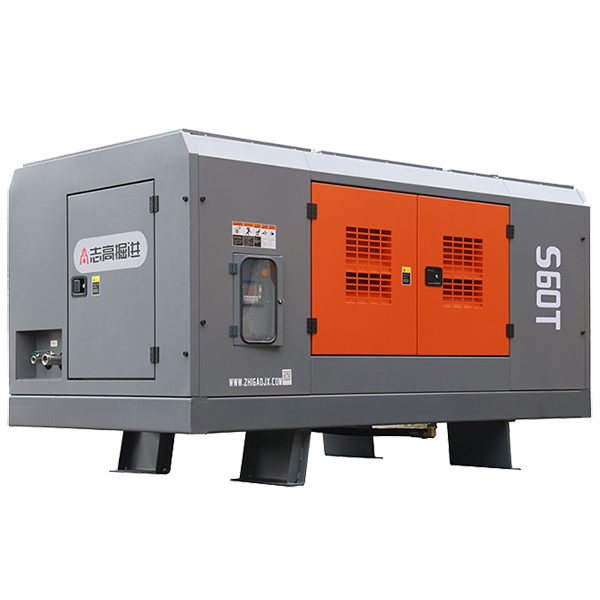In order to keep up with today’s needs for expedience and effectiveness, air compressors are now an in-demand device for a plethora of uses. Whether it be for industrial production or a DIY project at home, air compressors are an invaluable piece of machinery. To guarantee these compressors remain in top form, a dryer for air compressors is an essential accompaniment.
By diminishing excessive moisture from the air undergoing compression, a dryer for air compressors helps maintain the longevity of both the compressor itself and the equipment it is powering. Moisture in the air is a by-product generated during the compression process and can be damaging in potential. Thus, using a dryer for air compressors is essential to ensuring that all components remain in excellent working condition.
Air compressors require drying, and there are many different solutions for this process. Among the most popular is a desiccant dryer, which uses specially-designed materials such as silica gel to absorb surplus moisture from the air. This relatively affordable option is highly reliable in terms of removing moisture from any compressed air.
When it comes to air compressor dryers, opting for a refrigerated dryer may be the best decision. This type of appliance utilizes a refrigeration system to introduce cooler temperatures to the air, resulting in the moisture condensing out. While slightly pricier than a desiccant dryer, this alternative excels in efficiency and can eliminate more water from the airflow.
For those looking for the highest degree of air compression efficiency, an adsorption dryer is the way to go. This type of dryer employs a molecular sieve to eliminate moisture, resulting in the most advanced levels of dryness. However, due to its sophisticated mechanism, it is also the most expensive model available.
When selecting a dryer for an air compressor, the size of the compressor and its specific purpose must be taken into account. A desiccant dryer is normally adequate for smaller compressors, yet it is prudent to invest in a more advanced, and pricier, dryer such as a refrigerated or adsorption type for larger compressors.
One thing to have in mind when buying a dryer is the price tag that comes along with it. Desiccant dryers tend to be the more economical choice when looking at the different types of air compressor dryers. Still, investing more money for refrigerated and adsorption dryers can turn out to be a beneficial choice in the long run due to their superior efficiency and durability.
It is worth taking into account the upkeep needed for a dryer. Desiccant versions should incorporate the periodic substitution of its desiccant to remain in good condition, while refrigerated and adsorption dryers demand specialized upkeep to ensure they operate at their highest capability.
Ultimately, no air compressor is complete without a dryer. Various kinds can be chosen, accompanied by their unique advantages and disadvantages. It is necessary to mull over the size of the system, what purpose it serves, and the price when picking a dryer. Also, contemplate the maintenance specifications each type requires.
Air compressors are the cornerstone of many businesses, from auto repair to construction sites. They are utilized to power a range of machinery, such as nail guns and spray guns, as well as create pressurized air for pneumatic systems. One indispensable element of any air compressor system is a dryer. This equipment performs the task of stripping moisture from the air prior to compressing it, making certain that the air is free from contamination. Without a dryer, your air system could swiftly be compromised, leading to expensive repairs and a drop in performance.
The primary aim of owning a dryer is to prevent issues caused by moisture in compressed air systems. This includes potential rusting, accelerated wear of elements, and microbial growth. Additionally, moisture can moist affect the calibre of tools and machinery dependent on the compressor. An increase in wetness may result in weaker air pressure, causing an alarming decline in tool and machine performance.
Compressor systems used in air conditioning often include a type of dryer for removing moisture. The most prevalent of these is the refrigerated dryer. Employing a refrigerant to cool the air, these dryers are able to reduce water content by causing water vapour to condense. Refrigerated dryers prove highly efficient when it comes to energy usage, and are equipped to remove extraordinary levels of moisture from the air.
Air compressor systems utilize Desiccant dryers that have the advantage of absorbing moisture from the air while being more energy-efficient than refrigerated dryers at removing even the tiniest traces of moisture. It should be noted, however, that periodic maintenance is needed for these dryers due to repeated replacement of the desiccant material.
Heatless dryers provide an energy efficient answer to air compressor systems’ drying needs. Rather than using a refrigerant or desiccant material, these dryers work by utilizing a heated compressed air flow, taking away moisture from the atmosphere. Although efficient, they cannot manage incredibly small moisture content and, thus, demand large amounts of energy for their operation.
When on the hunt for an air compressor drying solution, it is vital to gauge the environment in which the compressor will operate. If high levels of humidity call the shots, a refrigerated or desiccant dryer provides the optimal choice. Conversely, in drier conditions, a heatless dryer makes for the most efficient selection.
It is imperative to choose the correct type of dryer for the job, as well as the appropriate size. If the air dryer is undersized, it could be insufficient for successfully draining the moisture from the air. On the other hand, if it is too large, it could become a costly investment that is not needed. Therefore, comparisons must be made between the capacity of the dryer and output of the compressor.
To ensure your compressed air is pure, a dryer should be an integral part of your air compressor system. It is paramount to make the right choice of type and size of dryer for the job at hand. Options such as refrigerated, desiccant, and heatless dryers are all suited to banish moisture from your compressed air.
Post time: 2023-08-10


